Hundreds of studies concerning menopause and insomnia have been conducted over the years. Even though not all women suffer from the symptom, menopausal insomnia is common enough to warrant research. Here is a quick look at what some of the latest studies have shown.
Harvard Medical School Researchers found in a small study of 46 women that Eszopiclone, which is sold under the brand name Lunesta in the US, was more effective than placebo in improving sleep, reducing depression, anxiety and night sweats, but did not change the occurrence or severity of daytime hot flashes.
There are negative side effects of these kinds of drugs. People build up a tolerance to them and the safety for long term use has not been proven. So, the drugs are often prescribed as a last resort.
Another study, published in the Journal of the International Menopause Society, showed that menopause and insomnia are related on the physical level. The researchers measured the volunteers’ brain waves while they were sleeping and found women nearing the age of menopause, as well as those with pre-menstrual symptoms, had fewer than normal deep stages of sleep and awakened frequently during the night. There were also more leg movements and snoring in the group.
This is important news, because for years, menopausal insomnia was thought to be more of a psychological issue, possibly caused by depression or anxiety. The kids leaving home, job worries or other life stresses were blamed. Now, we know that there are actual noticeable changes in the brain waves that account for the inability to sleep.
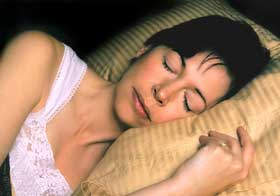
In a Japanese study concerning menopause and insomnia, the researcher’s conclusion seemed to support the long-held thought that depressed mood is to blame for menopausal insomnia, although brain waves during sleep were not examined in the study. The researchers suggested that smoking cessation, hormonal therapy and nightly hypnotics, such as the drugs used in the study above, are effective treatments.
A Nigerian study concerning menopause and insomnia, as well as other symptoms, was a bit different. The researchers were looking at how Nigerian doctors usually treat menopausal insomnia and climacteric symptoms. The researchers concluded that the doctors needed more continuing education on the subject, because the most common treatments were reassurance and anti-anxiety meds. In other words, the doctors felt that hand-holding was sufficient.
This is the main reason that continuing research concerning menopause and insomnia is important. Doctors around the world need to know that while this is a natural change of life, severe symptoms are indicative of health problems. Some of the symptoms, such as menopausal insomnia, can lead to further health problems and even hasten the aging process.
In early decades, the usual course of treatment in the US was hormone replacement therapy. But, after the findings of the Women’s Health Initiative (WHI) were released, things started to change. The study began in 1991 and ended in 2002, although some portions of the study continued for several years and researchers are still evaluating the data as it relates to conditions other than heart disease, stroke and breast cancer.
Although menopause and insomnia was not a primary topic concerning the WHI researchers, the data gathered indicated that 54% of women between the ages of 45 and 59 suffer from menopausal insomnia. They also found that women suffering from depression were nearly four times more likely to suffer from sleep disturbances, too.
So, there is a connection between depression and menopause-related inability to sleep. It’s just not the primary cause.
If you are concerned about menopause and insomnia, talk to your doctor about appropriate treatments. Help is available.
Related Articles:


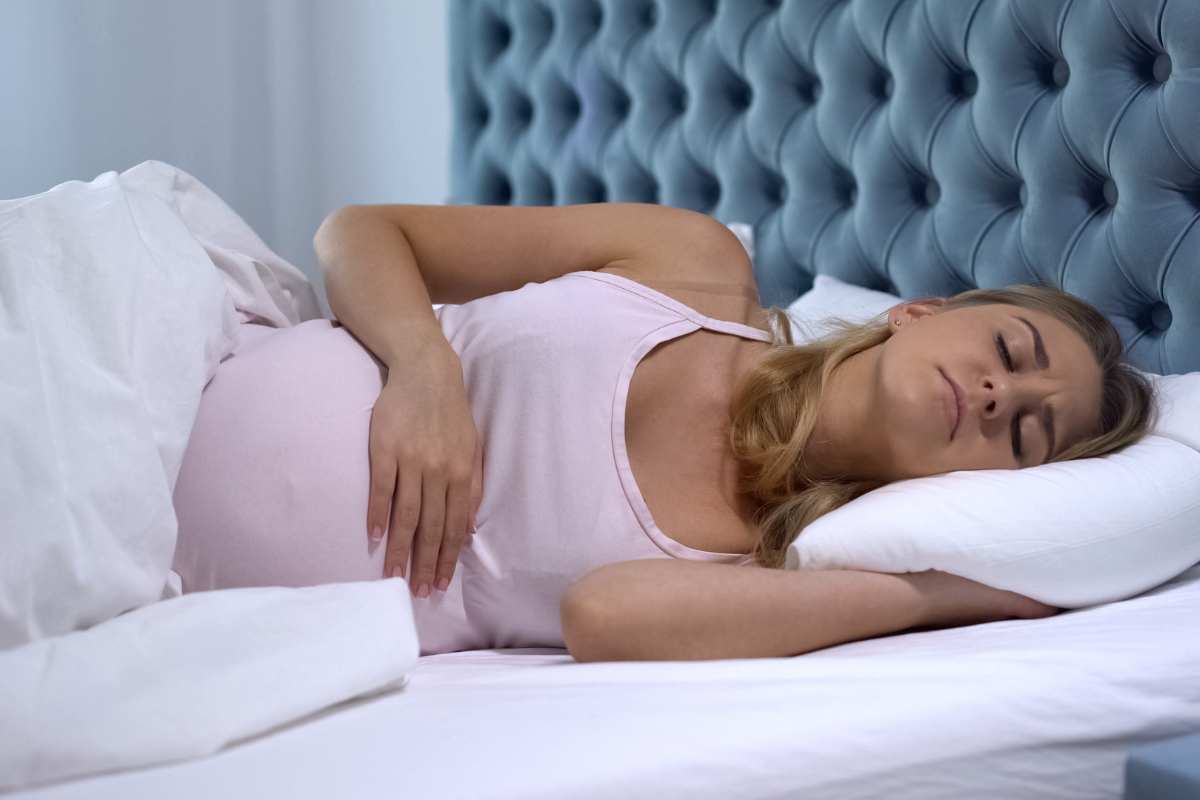
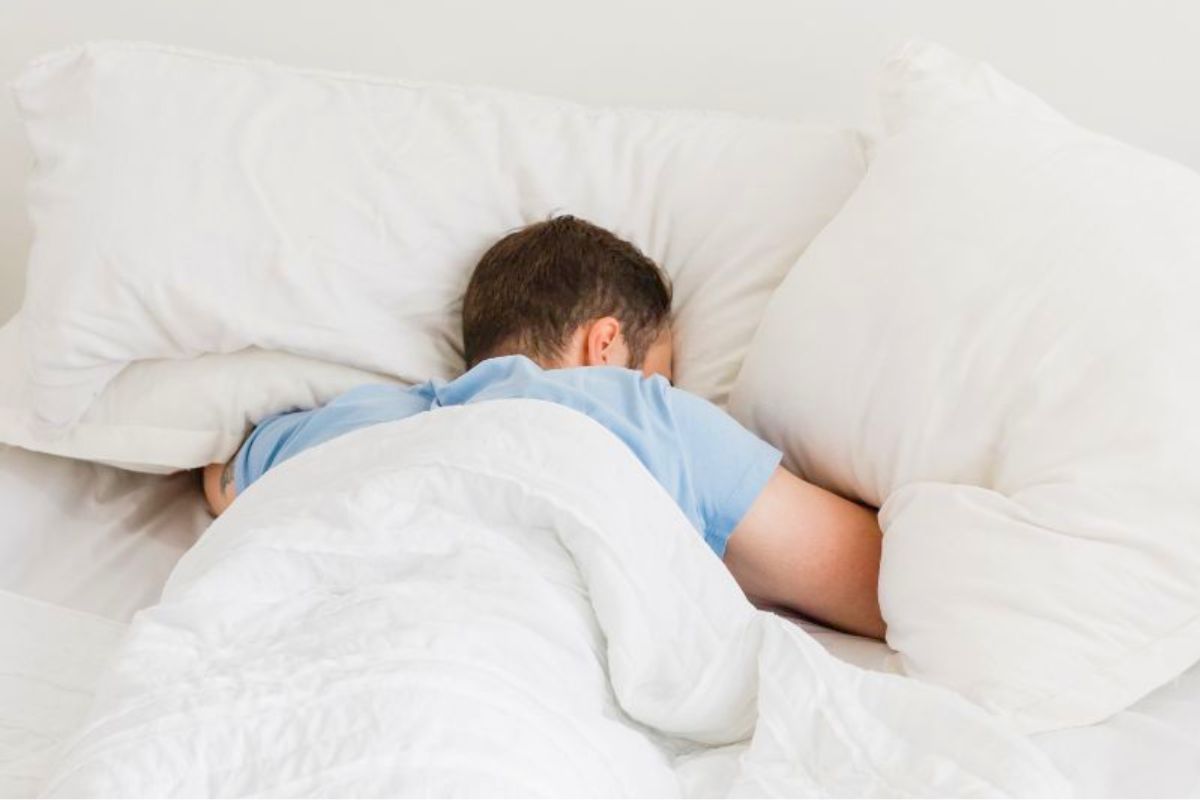
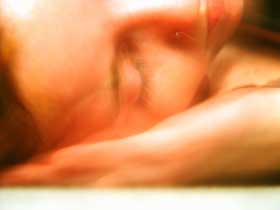
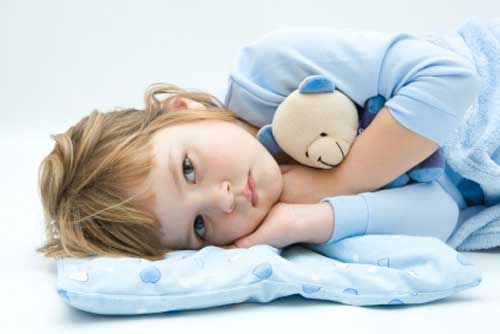
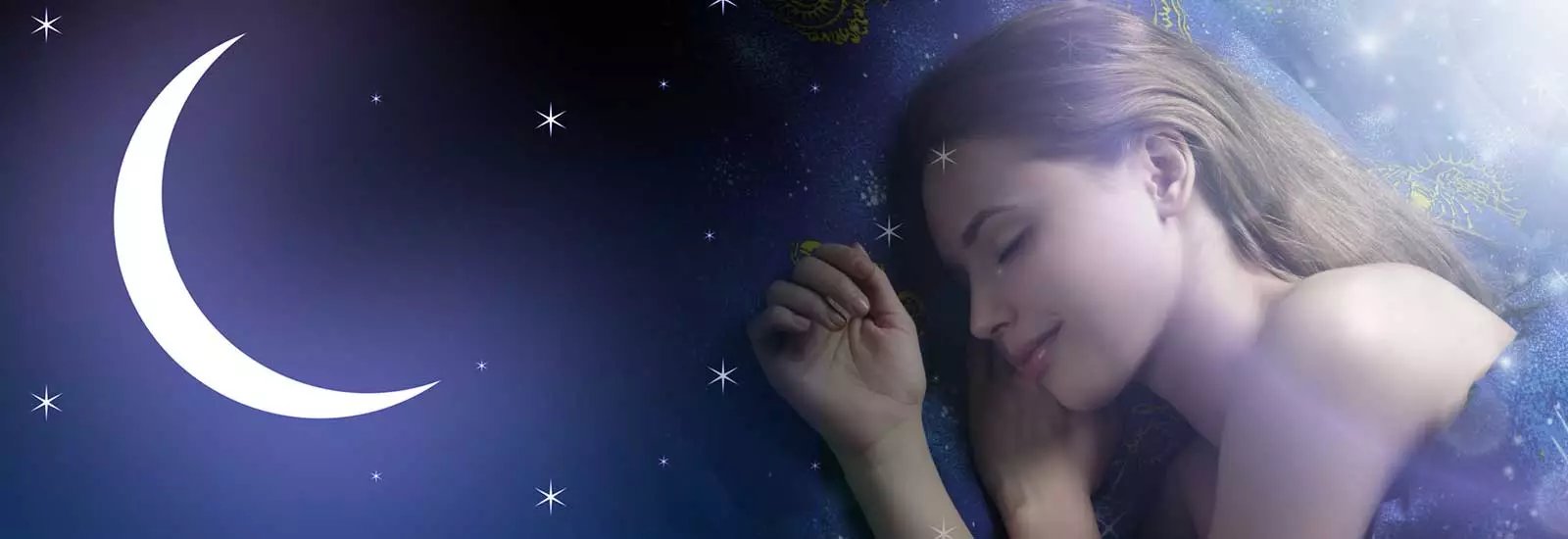

New! Comments
Share your tips and feedback. Leave me a comment in the box below.